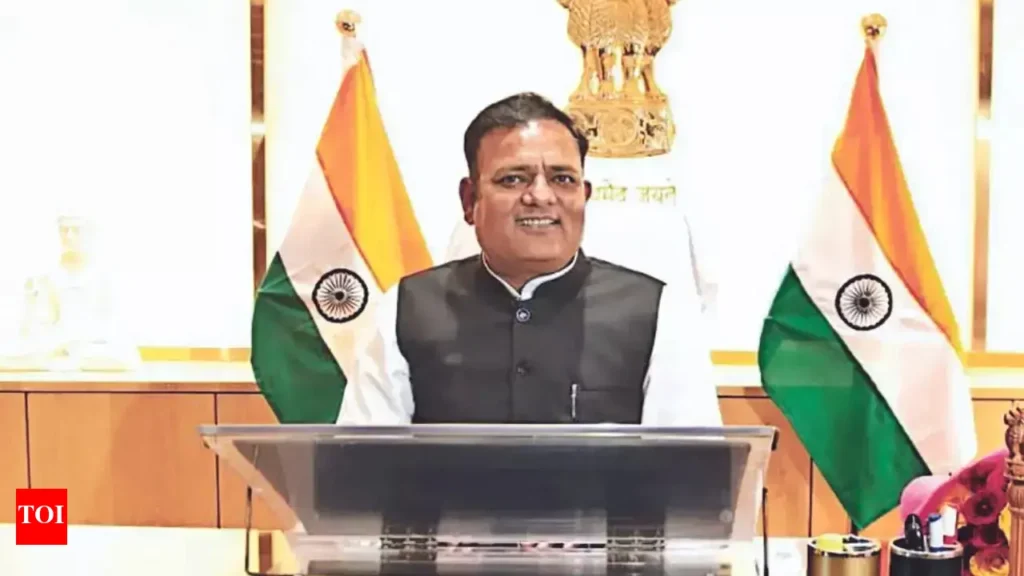Delhi Minister Raaj Kumar Anand Resigns from AAP


In a major political development, Delhi’s Social Welfare Minister and Patel Nagar MLA, Raaj Kumar Anand, tendered his resignation from both his cabinet position and the Aam Aadmi Party (AAP) on April 10, 2024. Citing deep-rooted corruption within the party and a lack of inclusivity for Dalit leaders, Anand’s exit has stirred significant political debate.
While addressing the press, Anand voiced his disappointment with the direction AAP had taken, particularly in regard to the corruption it once vowed to fight. He claimed that the party, founded on anti-corruption ideals, had now become entangled in unethical practices. “I do not want to be associated with a party involved in corruption,” he stated emphatically.
Another key concern raised by Anand was the underrepresentation of Dalits within the party’s leadership. He emphasized that despite India being a diverse democracy, AAP had failed to ensure proportional representation for marginalized communities, which made his continued association with the party untenable.
Reacting to Anand’s resignation, senior AAP leaders hinted that the move may have been politically motivated and influenced by external forces. There were suggestions that the Bharatiya Janata Party (BJP) was actively working to destabilize AAP by inducing defections. Saurabh Bharadwaj, a prominent AAP figure, commented pointedly, “Not everyone is Sanjay Singh,” drawing attention to leaders who stood firm with the party during testing times.
Shortly after leaving AAP, Anand joined the Bahujan Samaj Party (BSP) and contested in the 2024 general elections. However, his stint with BSP was brief. On July 10, 2024, Anand, alongside other former AAP leaders, officially joined the Bharatiya Janata Party (BJP). The induction was marked by a formal ceremony attended by senior BJP leaders, including Delhi unit chief Virendra Sachdeva and national general secretary Arun Singh.
Anand’s resignation has added to the mounting challenges facing AAP, which has recently been embroiled in multiple controversies, including corruption allegations and the arrest of party convener Arvind Kejriwal. His exit has not only raised questions about internal dissent but also brought renewed scrutiny to the party’s commitment to its founding principles. The departure of a prominent Dalit leader also underscores concerns about representation and inclusivity within the party ranks.
Raaj Kumar Anand’s resignation and subsequent political realignment signify the shifting dynamics of Indian politics. His decision has brought to light serious issues concerning transparency, representation, and ethical governance within AAP. As he joins the BJP, Anand’s departure serves as both a setback for AAP and a reminder of the volatile and evolving nature of political affiliations. It also calls attention to the need for political parties to remain true to their core values if they are to retain public trust and uphold democratic integrity.